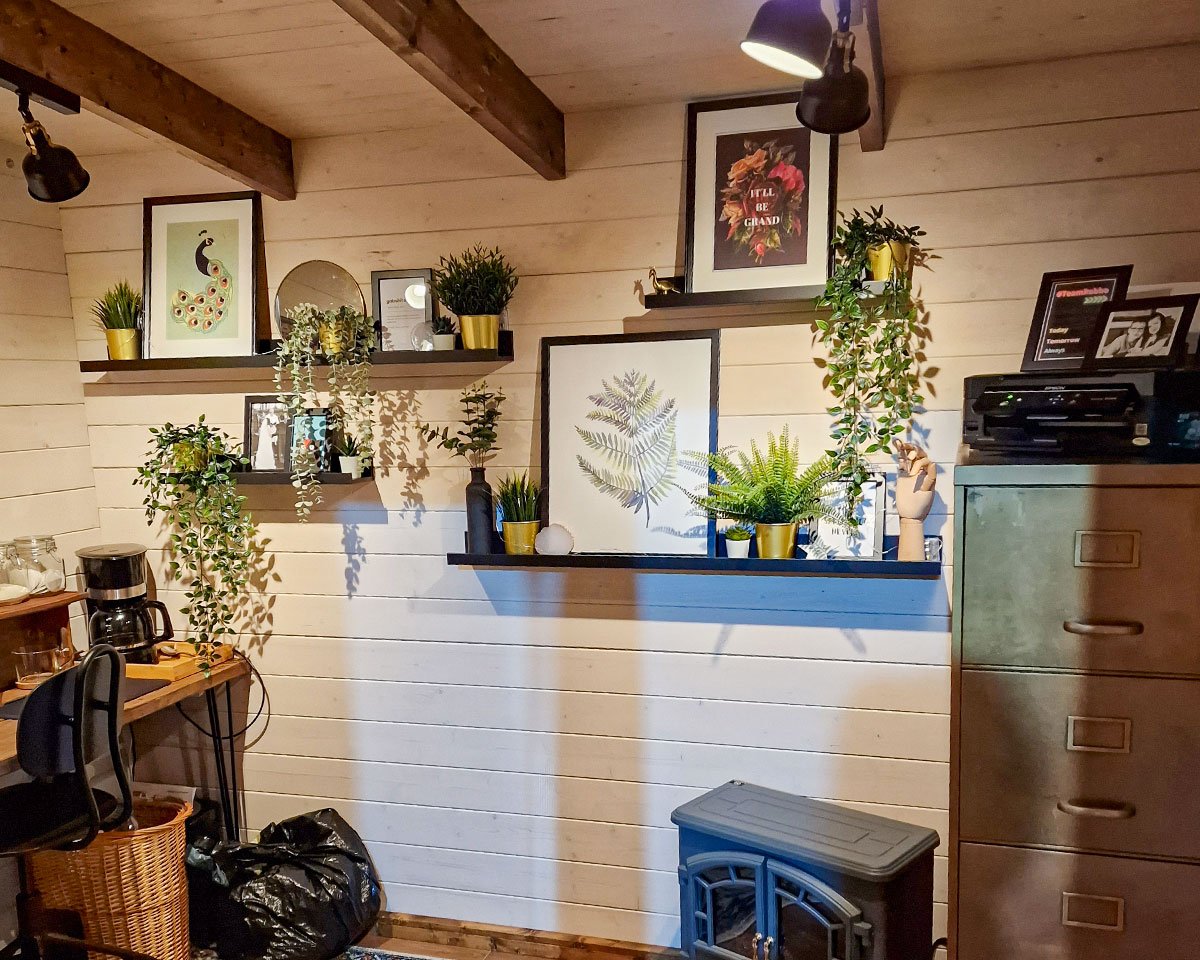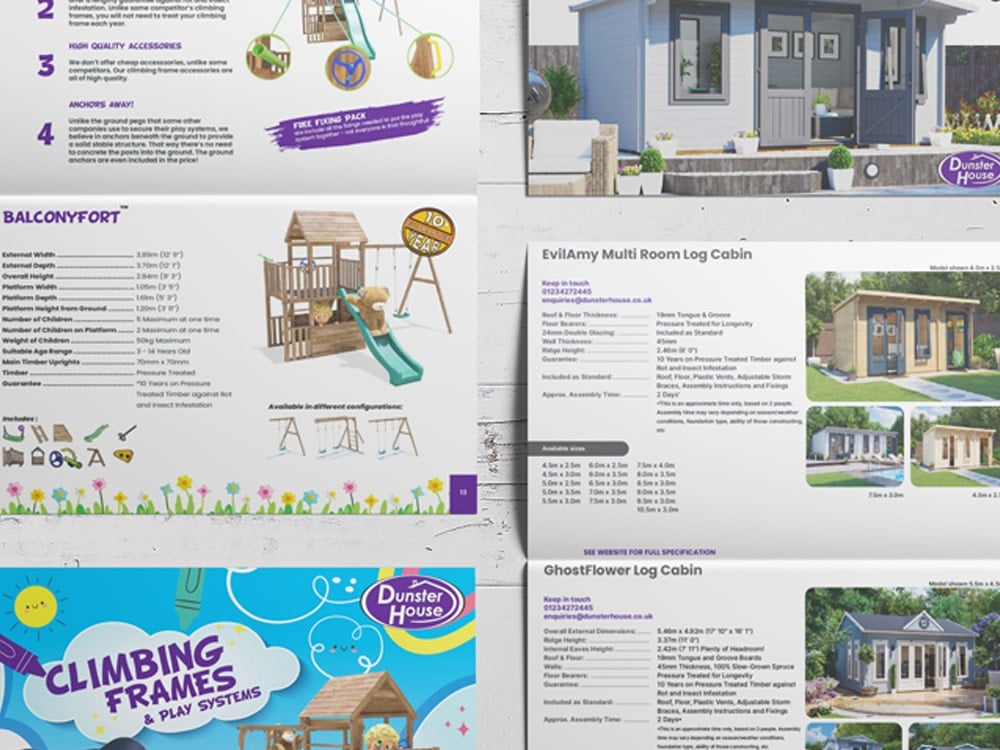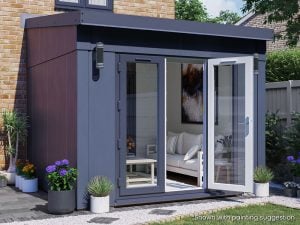Houseplants can offer so much in a home. If you are just starting out, here are a few things that you can do to get you started on the right foot.
Houseplants are not just limited to the house, any indoor space is great. For example, in a garden office to spruce up working from home, or in a log cabin to help teach children how to care for and nurture plants. With typical unpredictable English showers, we never really know when the sun will have his hat on, and more importantly, how long for! So, houseplants are becoming more and more popular. Indoor plants are a great way to get into gardening before tackling the big project of the garden.
Succulents and cacti are extremely popular and easy to care for. They are aesthetically good as they come in a range of shapes, sizes and colours. The petite aspect of the low maintenance plants is great for sitting on the windowsill. They are easy for kids to maintain (with adult supervision, due to their prickly nature).
.jpg)
Getting children into nature allows them to develop skills to care for and nurture something that they are able to show off. The tangible aspect of growing something allows for them to develop concentration, learning, creativity and cognitive development.
For all you pet lovers, knowing the toxicity of houseplants is vital. As pretty as some plants are they are not pet friendly and can cause them to become ill when digested. For example, as pretty as Aloe Vera is on the windowsill it is not pet-friendly so best to keep away from your beloved furry friends.

Help your understanding about how to care for your household plant, flower and shrubs, as each will have diverse requirements. Overwatering, for instance, frequently kills houseplants. As a Rule of Thumb, water only if the top 1-2cm of soil is dry. Many plants require heat and moisture as well, so mist them on a regular basis, spritzing them with a misting spray to increase humidity levels in warm, dry areas.
Throughout the growing season, from spring to autumn, feed your household plants on a monthly basis using a specialised house plant fertiliser. But read the instruction first and keep away from young children. As many home plants stop growing over the winter, they require less food and watering during this period. Several indoor plants flourish in indirect light, so a few feet from a window is perfect. No household plant will thrive next to a radiator, an open fire, or an air conditioner.
.jpg)
Indoor plants have been proven to improve mental health and air quality inside homes, home offices and home gyms. They are subtle enough to provide interest and beauty without taking the whole focus away from beautiful garden building they are in: be it your own log cabin, garden office, modular extension or even a garden bar!








